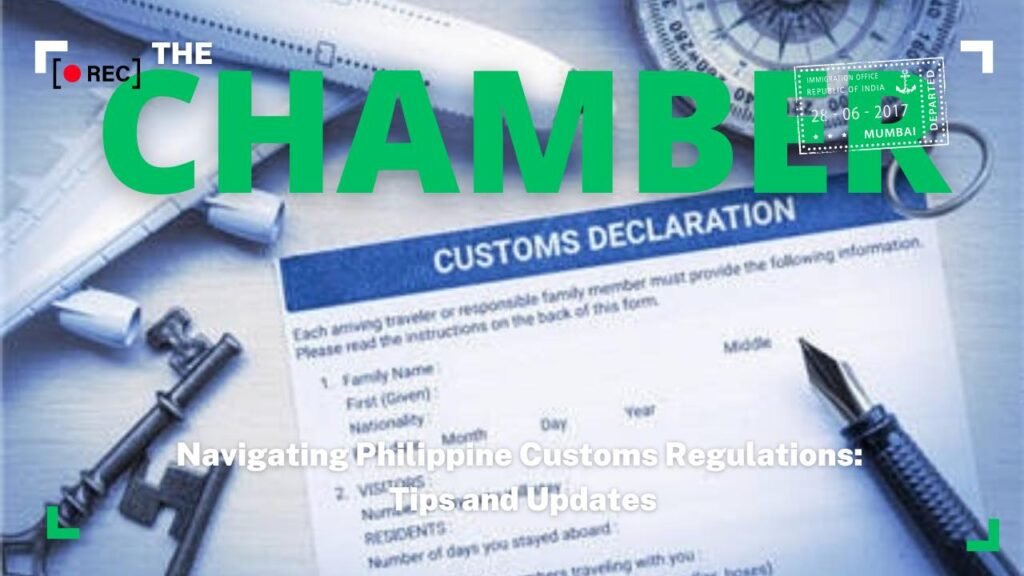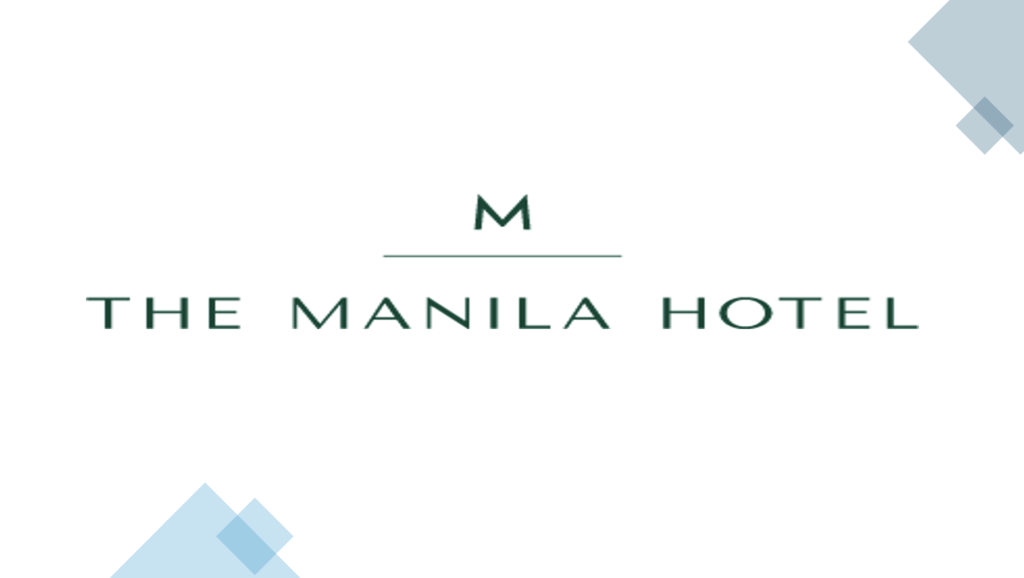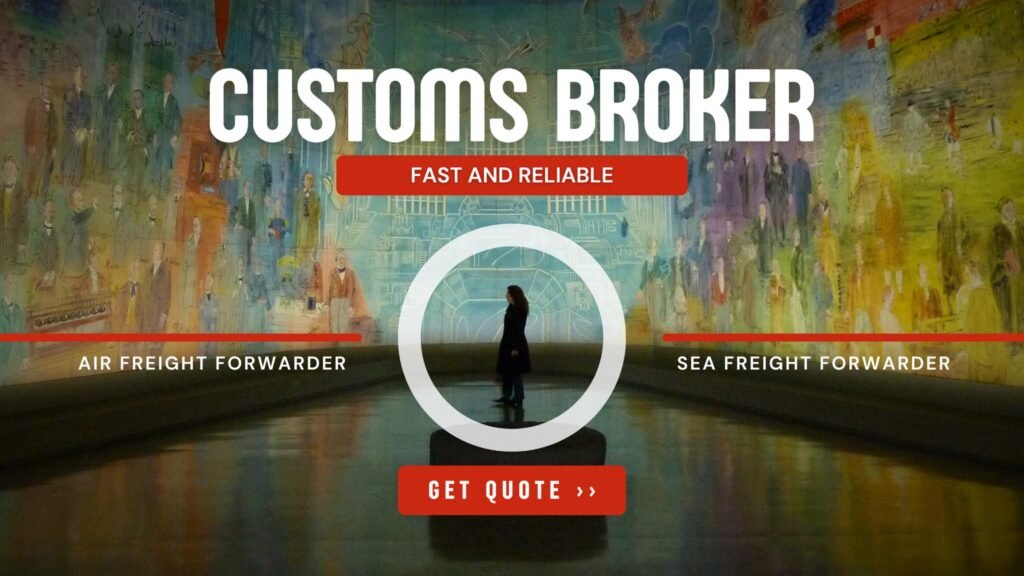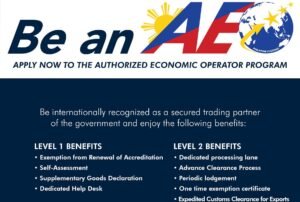Navigating through Philippine Customs regulations poses challenges for importers, exporters, and customs brokers. Keeping abreast of evolving regulations is vital for seamless trade operations. In this blog post, we offer valuable tips and insights to effectively navigate Philippine customs regulations and provide updates on recent regulatory changes.
Customs regulations in the Philippines oversee imports and exports, guaranteeing conformity with global trade norms and protecting national interests. They encompass tariff classification, valuation, documentation, and clearance procedures. Adhering to these regulations is vital for international businesses to prevent penalties and delays. Importers, exporters, and customs brokers must keep abreast of regulatory changes for seamless trade operations.
1. Understanding the Basics:
Before delving into specific tips and updates, it’s crucial to have a solid understanding of the basics of Philippine customs regulations. This includes knowing the relevant laws, tariffs, duties, and procedures governing the import and export of goods. Familiarize yourself with agencies such as the Bureau of Customs (BOC) and other government bodies involved in trade facilitation.
2. Stay Informed:
One of the most important tips for navigating Philippine customs regulations is to stay informed about changes and updates. Subscribe to official government channels, newsletters, and industry publications to receive the latest news and announcements regarding customs policies, procedures, and regulatory amendments. Additionally, attending seminars, workshops, and training sessions on customs compliance can enhance your knowledge and keep you abreast of best practices.
Subscribe to the MyCCBI365 newsletter
3, Leverage Technology:
In today’s digital age, technology plays a crucial role in streamlining customs clearance processes and enhancing efficiency. Explore the use of electronic platforms, such as the BOC’s Electronic-to-Mobile (E2M) system, for online submission of customs declarations and other documents. Utilize customs brokerage software and automation tools to simplify paperwork, track shipments, and ensure compliance with regulatory requirements.
4. Maintain Accurate Documentation:
Accurate documentation is vital for smooth customs clearance and compliance with regulations. Ensure that all required paperwork, including invoices, packing lists, certificates of origin, and permits, are complete, accurate, and up-to-date. Keep detailed records of transactions and communications with customs authorities to facilitate audits and resolve any discrepancies efficiently.
5. Proactive Compliance:
Proactively comply with customs regulations to avoid delays, penalties, and other issues that may arise from non-compliance. Conduct regular internal audits to assess your customs compliance practices and identify areas for improvement. Stay vigilant against potential risks such as misclassification of goods, undervaluation, or failure to obtain necessary permits or licenses.
6. Recent Updates and Changes:
Finally, let’s explore some recent updates and changes in Philippine customs regulations:
– Implementation of new tariff rates or preferential trade agreements
– Introduction of streamlined procedures or electronic systems for customs clearance
– Amendments to documentation requirements or import/export restrictions
– Updates on customs valuation methods or guidelines
– Changes in duty rates or tax exemptions for specific goods or industries
Conclusion: To navigate Philippine customs regulations effectively, you need diligence, expertise, and adaptability to change policies. Stay informed, use technology, keep accurate records, and proactively follow regulations for smooth trade operations. Keep an eye out for updates and keep refining your compliance practices to navigate the evolving regulatory landscape successfully.
Prof. Rod Villanueva, eMba, Lcb









